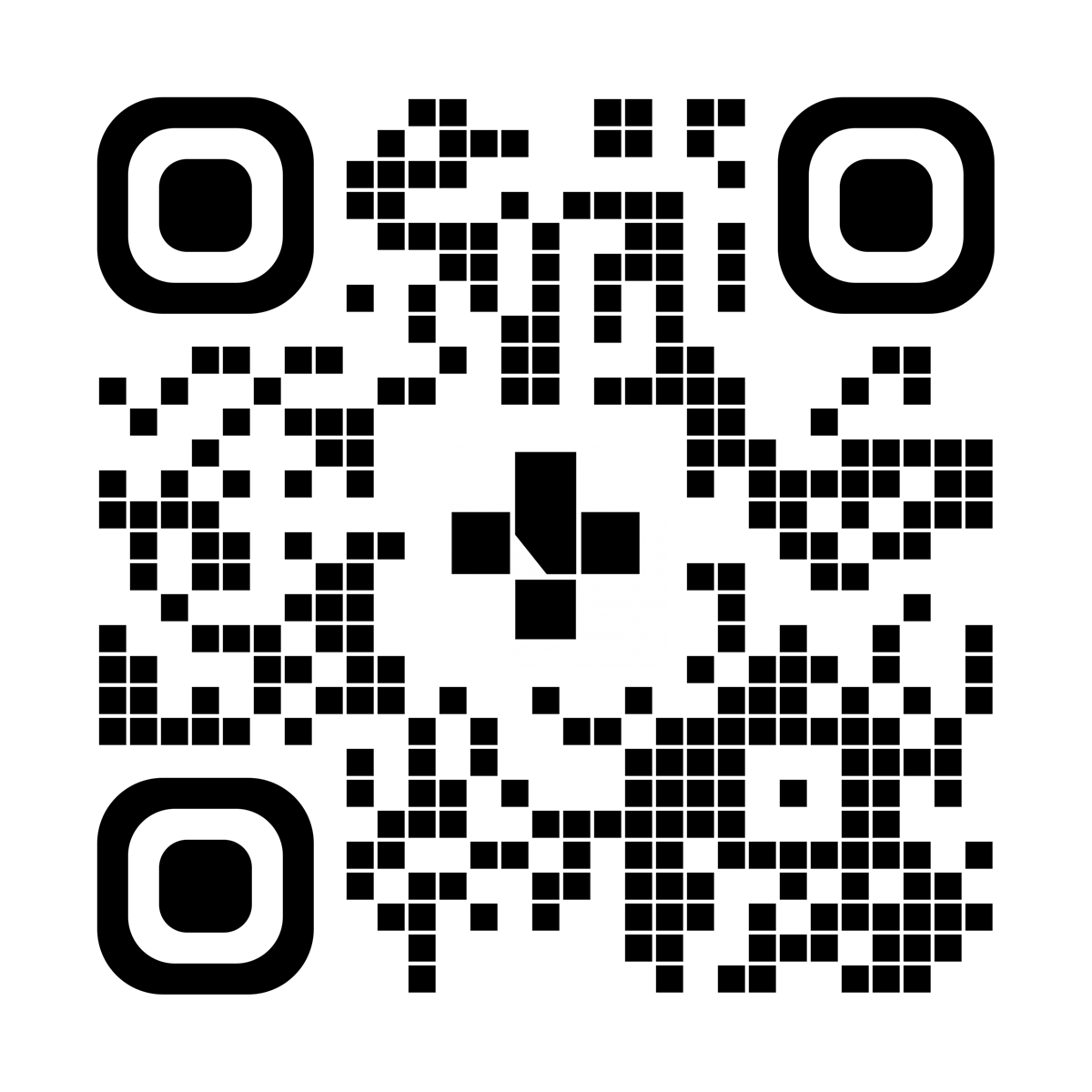Breastmilk Safe Management
Using expressed breastmilk while your baby is in the hospital
Breastmilk is the best nutrition for your baby. It’s recommended that you keep breastfeeding or start pumping your milk while your child is in the hospital. Studies show that babies who are fed breastmilk may have:
- fewer gastrointestinal (belly), respiratory (lung), and ear infections
- a lower risk of SIDS (sudden infant death syndrome)
- a lower risk of obesity (having a lot of extra weight) later in life
Breastfeeding during painful medical procedures may also help your baby have less pain and cry less.
Milk supply
A baby may not be able to start breastfeeding right after birth, or they may need to stop breastfeeding for a time if they get sick.
If your baby is not able to breastfeed, pump your breasts to start and maintain your milk supply.
If you don’t breastfeed or pump regularly, your milk supply will go down—sometimes quite quickly.
Hospital-grade pumps are available to use in the hospital. You will get a pumping kit, collection containers, and supplies. Your nurse will show you how to use the pump and clean the parts.
Where to pump
Pump near your baby whenever you can, as it can help your milk to “let down” or flow.
If you cannot be near your baby, ask your nurse about other places to pump.
Managing breastmilk safely
When your baby is in the hospital, the healthcare team follows very strict rules to make sure breastmilk is managed safely.
It’s important that the right baby gets the right breastmilk. This is because breastmilk can carry viruses—such as HIV or hepatitis B and C—that can pass on to a baby.
Working with your healthcare team
You and the nurses will work together. It’s both the healthcare team and the parents’ responsibility to make sure the right baby gets the right breastmilk.
Before any breastmilk is used, 2 members of the healthcare team (such as nurses) or 1 member of the healthcare team and the breastmilk tracking system check the milk to make sure it’s going to the right baby.
Handling breastmilk
To handle breastmilk safely:
- Wash your hands before you pump or handle the breastmilk containers.
- Pump milk directly into new containers each time. Ask the nurse for your baby's pre-printed patient labels. (These labels show that your breastmilk is for your baby.)
- After you pump, write the time and date on your baby’s pre-printed patient labels and place the labels on the breastmilk containers.
- The nurse will store your labelled breastmilk containers in a secure fridge or freezer, which will have a separate bin labelled with your baby’s name.
- If you pump at home while your baby is in the hospital, put breastmilk in your fridge right away.
- Use ice or freezer packs to keep breastmilk cold when you bring it from your home to the hospital.
Feeding with breastmilk in the hospital
When it is time for you or your partner to feed your baby, ask your nurse to get your breastmilk from the secure fridge or freezer.
Your nurse will check the patient label on your breastmilk container to make sure it's the right breastmilk for your baby.
Before feeding your baby:
- Check the date and time on the container for freshness.
- If your breastmilk needs to be warmed, you will use a milk warmer or warm-water bath. Do not warm or thaw breastmilk in a microwave oven.
- Throw away the container and any leftover breastmilk when your baby is done feeding.
Storing breastmilk
Here are the ways to store breastmilk safely:
- Room temperature: 4 hours
- Fresh in a fridge on the neonatal intensive care unit (NICU): 72 hours. On other units: 96 hours
- Thawed in a fridge: 24 hours
- Frozen:
- Freezer with a door inside the fridge: up to 2 weeks
- Freezer attached to a fridge with a separate door: up to 3 months
- Deep freezer in the NICU: up to 6 months. On other units: up to 12 months
While your baby is in the hospital, the healthcare team will make sure your breastmilk is stored safely at the right temperature for the right amount of time.
Going home or transferring
If your baby is going home or transferring to another unit of the hospital, ask your nurse to pack all your breastmilk from the fridge and freezer to send with your baby.
Learn more
Speak to a member of your child's healthcare team or call Health Link at 811.
To see this information online and learn more, visit: MyHealth.Alberta.ca/health/pages/conditions.aspx?Hwid=custom.ab_postpartum_breastmilksafemanagement_inst.

For 24/7 nurse advice and general health information call Health Link at 811.
Current as of: November 12, 2024
Co-author: Interprofessional Regulation, Health Professions Strategy and Practice, Alberta Health Services
Co-author: Early Years Health Promotion, Alberta Health Services
This material is not a substitute for the advice of a qualified health professional. This material is intended for general information only and is provided on an "as is", "where is" basis. Although reasonable efforts were made to confirm the accuracy of the information, Alberta Health Services does not make any representation or warranty, express, implied or statutory, as to the accuracy, reliability, completeness, applicability or fitness for a particular purpose of such information. Alberta Health Services expressly disclaims all liability for the use of these materials, and for any claims, actions, demands or suits arising from such use.
